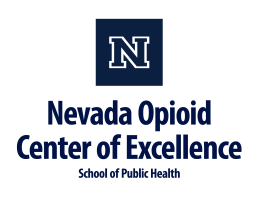About Screening, Brief Intervention and Referral to Treatment (SBIRT)
SBIRT is a comprehensive, integrated, public health approach to delivering early intervention for individuals with risky alcohol & drug use. SBIRT provides a timely referral to more intensive substance use treatment for those with substance use disorders. Primary care centers, ERs, trauma centers, and community health settings provide opportunities for early intervention with at-risk substance users before more severe consequences occur.” (SAMSHA, 2011)
What Are We Doing?
Performing Screening, Brief Intervention, and Referral to Treatment (SBIRT) for substance use in every pregnant and non-pregnant person of reproductive age.
Why are we doing SBIRT?
Drug-related deaths contribute to pregnancy associated deaths, with substance use being a preventable causal or correlating factor in maternal mortality. SBIRT for substance use needs to be done as part of your duty as a medical professional. It is the standard of care.
Where are we supposed to do this?
In all settings where a pregnant person or non-pregnant person of reproductive age seeks services.
Who can do this?
A wide variety of health care staff can perform SBIRT, including physicians, nurses, nurse practitioners, physician assistants, licensed midwives, and licensed clinical social workers.
When are we supposed to do this?
All Physicians, Advanced Practitioners and Nurses: When a pregnant or non-pregnant person of reproductive age is being seen for the first time (first contact). – or – When you first recognize a pregnancy. Additionally, on an annual basis, if you are providing continuous care for a pregnant or non-pregnant person of reproductive age.
How do I do this?
The Adopt SBIRT team at CASAT/UNR serves Nevada with expertise and key resources to assist organizations to promote, prepare, adopt, and implement SBIRT. Please complete the Online Training Readiness Form (see link above) to get started today
